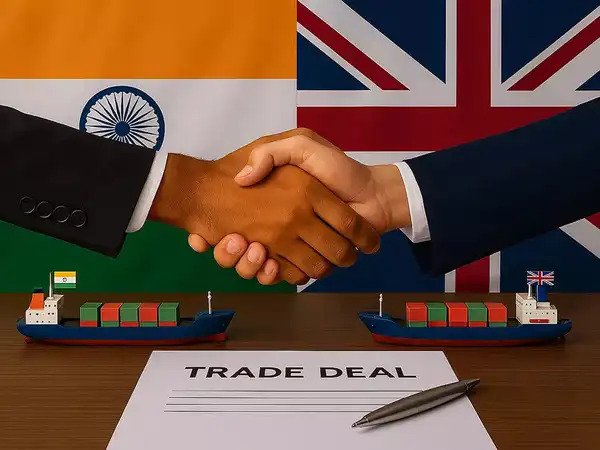The proposed UK-India Free Trade Agreement represents a landmark opportunity for the United Kingdom to deepen its economic footprint in India, one of the most dynamic and populous economies in the world. From the UK’s perspective, the deal is more than a trade arrangement-it is a strategic gateway into India’s ambitious Atmanirbhar Bharat (self-reliant India) initiative, which emphasizes domestic production, technological self-sufficiency, and global partnership. For British businesses, this translates into preferential access to a growing consumer base, new supply chain opportunities, and active participation in India's transformative development agenda. In turn, this aligns perfectly with the UK’s post-Brexit strategy of forging high-growth, high-potential trade relationships outside the EU.
Key sectors in the UK-ranging from pharmaceuticals, financial services, green technologies, education, and advanced manufacturing-stand to benefit immensely from this deal. India’s push to localize production and attract high-quality foreign investment under the Production Linked Incentive (PLI) schemes opens the door for British firms to contribute specialised products, services, and knowledge. For example, British medtech companies can support India’s healthcare manufacturing capacity, while fintech innovators can tap into India’s digital finance boom. Importantly, the agreement is expected to reduce tariffs, simplify regulations, and offer clear dispute resolution mechanisms, thereby creating a more transparent and predictable investment climate for UK enterprises.
From a broader policy perspective, the trade deal is a step toward redefining UK-India ties in the 21st century-shifting from a legacy of colonial-era diplomacy to a future-oriented economic partnership rooted in mutual growth. British policymakers view this agreement as a way to not only boost exports and create jobs at home but also to secure supply chain resilience by reducing dependence on other global manufacturing hubs. The trade pact also signals the UK’s commitment to the Indo-Pacific region and reinforces shared goals on climate action, innovation, and inclusive development. As negotiations move toward finalisation, the UK remains optimistic that this deal will usher in a new era of bilateral trust, opportunity, and co-development.



















